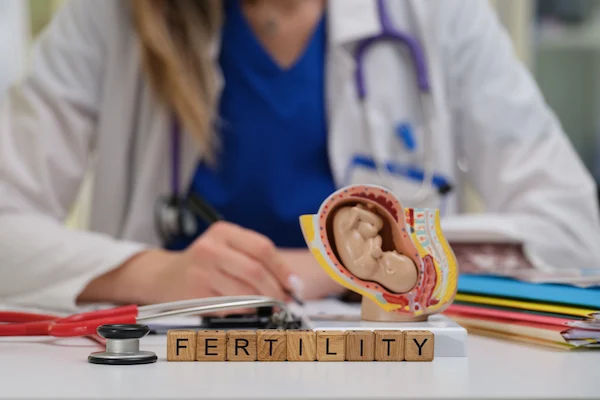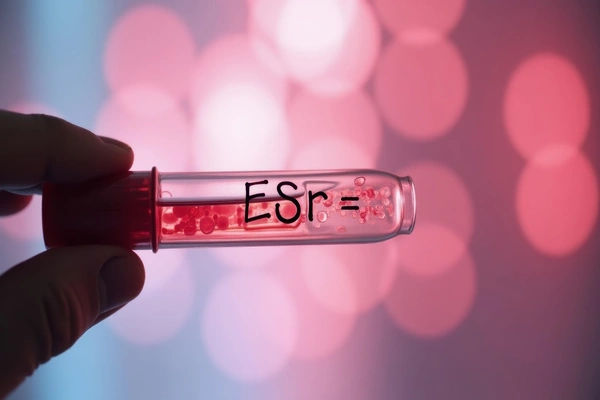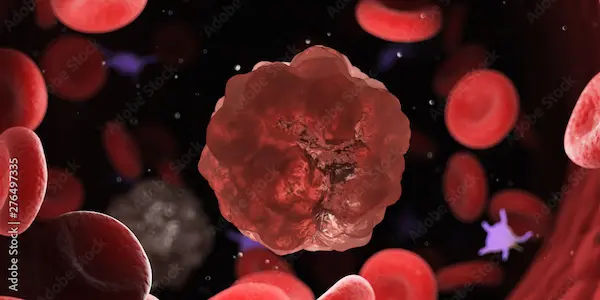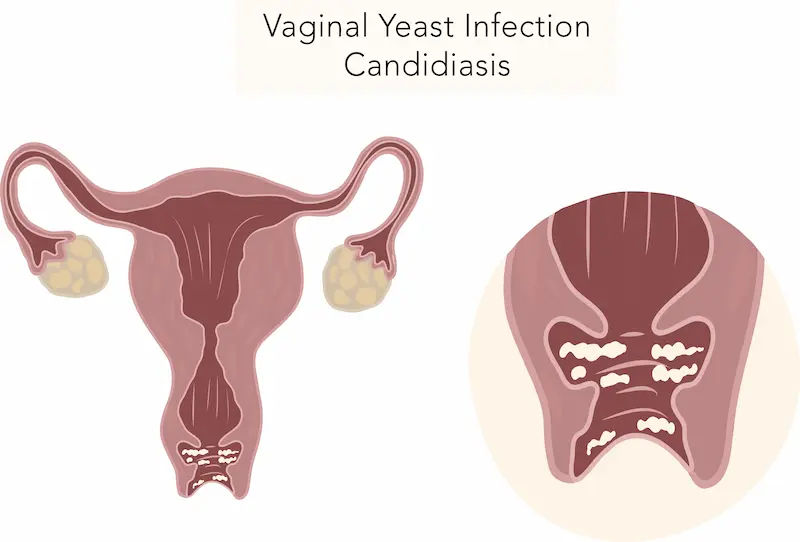Monkeypox Symptoms, Causes, Treatment and Prevention
Know about monkeypox, its symptoms, causes, and modes of transmission. Learn about available treatments, prevention strategies, and how to reduce the risk of infection.

Written by Dr. Shaik Abdul Kalam
Reviewed by Dr. J T Hema Pratima MBBS, Fellowship in Diabetes Mellitus
Last updated on 13th Jan, 2026

Introduction
Monkeypox is a rare but potentially serious viral disease that has recently gained attention due to outbreaks in various parts of the world. While it is not as contagious as some other infections, it can cause discomfort and complications if not managed properly. This article will help you understand monkeypox, its symptoms, causes, treatment options, and prevention in simple, easy-to-understand terms.
What is Monkeypox?
Monkeypox is caused by the monkeypox virus, which belongs to the same family as the smallpox virus. It was first discovered in monkeys (hence the name) but can also infect humans. The disease is usually milder than smallpox but can still cause painful symptoms.
Consult a General Physician for the best advice
Symptoms of Monkeypox
Monkeypox symptoms usually appear within 1 to 2 weeks after exposure but can take up to 3 weeks to show. The illness typically lasts 2 to 4 weeks. Common symptoms include:
- Fever
- Headache
- Muscle aches
- Swollen lymph nodes (a key difference from smallpox)
- Chills and exhaustion
- Rash (starts as red spots, turns into fluid-filled blisters, and eventually scabs over)
The rash often begins on the face and spreads to other parts of the body, including the hands, feet, and genitals. Some people may only develop a mild rash, while others experience more severe symptoms.
Causes and How Monkeypox Spreads
Monkeypox spreads in a few ways:
1. Direct Contact – Touching the rash, scabs, or body fluids of an infected person.
2. Respiratory Droplets – Close, prolonged face-to-face contact (like kissing or talking closely).
3. Contaminated Objects – Sharing bedding, towels, or clothing with an infected person.
4. Animal Transmission – Bites or scratches from infected animals (rodents, monkeys, etc.).
Unlike COVID-19, monkeypox does not spread easily through casual contact. However, close and prolonged exposure increases the risk.
Who is at Risk?
While anyone can get monkeypox, certain groups are at higher risk:
- People in close contact with an infected person (household members, healthcare workers).
- Those with weakened immune systems.
- Individuals who have travelled to areas with recent outbreaks.
Treatment for Monkeypox
Most cases of monkeypox are mild and resolve on their own without specific treatment. However, doctors may recommend:
- Pain and Fever Relief – Over-the-counter medications like acetaminophen (paracetamol) or ibuprofen can help reduce fever and discomfort.
- Hydration and Rest – Drinking plenty of fluids and getting enough rest supports recovery.
- Antiviral Medications – In severe cases, doctors may prescribe antivirals like tecovirimat (TPOXX).
- Skin Care – Keeping the rash clean and covered to prevent infection. Avoid scratching to reduce scarring.
If you suspect you have monkeypox, isolate yourself and contact a healthcare provider for guidance.
Prevention Tips
Preventing monkeypox involves simple but effective measures:
1. Avoid Close Contact – Stay away from people with monkeypox symptoms, especially rashes.
2. Practice Good Hygiene – Wash hands frequently with soap and water or use hand sanitizer.
3. Don’t Share Personal Items – Avoid sharing towels, clothing, or utensils.
4. Wear a Mask in High-Risk Situations – If you’re in close contact with someone infected, a mask can help reduce transmission.
5. Get Vaccinated (If Eligible) – Smallpox vaccines (like JYNNEOS) can provide protection against monkeypox. Check with your doctor if you qualify.
When to See a Doctor
Seek medical advice if:
- You develop an unexplained rash with fever.
- You’ve been in close contact with someone diagnosed with monkeypox.
- Your symptoms worsen or don’t improve.
If you're concerned about monkeypox or need a consultation, you can book an appointment with a doctor on Apollo 24|7 for expert guidance.
Final Thoughts
Monkeypox is usually a self-limiting illness, but awareness and early action can help prevent complications. By following basic hygiene practices and avoiding close contact with infected individuals, you can significantly reduce your risk. If you experience symptoms, consult a healthcare provider for proper diagnosis and care.
Consult a General Physician for the best advice
Consult a General Physician for the best advice

Dr Syed Mateen Pasha
General Physician
2 Years • MBBS
Bengaluru
PRESTIGE SHANTHINIKETAN - SOCIETY CLINIC, Bengaluru

Dr. Anand Ravi
General Physician
2 Years • MBBS
Bengaluru
PRESTIGE SHANTHINIKETAN - SOCIETY CLINIC, Bengaluru

Dr. Vivek D
General Physician
4 Years • MBBS
Bengaluru
PRESTIGE SHANTHINIKETAN - SOCIETY CLINIC, Bengaluru

Dr. Harshendra Jaiswal
General Physician/ Internal Medicine Specialist
12 Years • MBBS , MD (General medicine)
Kolkata
108 DHANA DHANVANTARI Clinic, Kolkata
(25+ Patients)
Dr. Thandra Ramoji Babu
General Physician/ Internal Medicine Specialist
5 Years • MBBS, DNB(General Medicine)
Warangal
Sai Ram multi-specialty hospital, Warangal
Consult a General Physician for the best advice

Dr Syed Mateen Pasha
General Physician
2 Years • MBBS
Bengaluru
PRESTIGE SHANTHINIKETAN - SOCIETY CLINIC, Bengaluru

Dr. Anand Ravi
General Physician
2 Years • MBBS
Bengaluru
PRESTIGE SHANTHINIKETAN - SOCIETY CLINIC, Bengaluru

Dr. Vivek D
General Physician
4 Years • MBBS
Bengaluru
PRESTIGE SHANTHINIKETAN - SOCIETY CLINIC, Bengaluru

Dr. Harshendra Jaiswal
General Physician/ Internal Medicine Specialist
12 Years • MBBS , MD (General medicine)
Kolkata
108 DHANA DHANVANTARI Clinic, Kolkata
(25+ Patients)
Dr. Thandra Ramoji Babu
General Physician/ Internal Medicine Specialist
5 Years • MBBS, DNB(General Medicine)
Warangal
Sai Ram multi-specialty hospital, Warangal
.webp)



